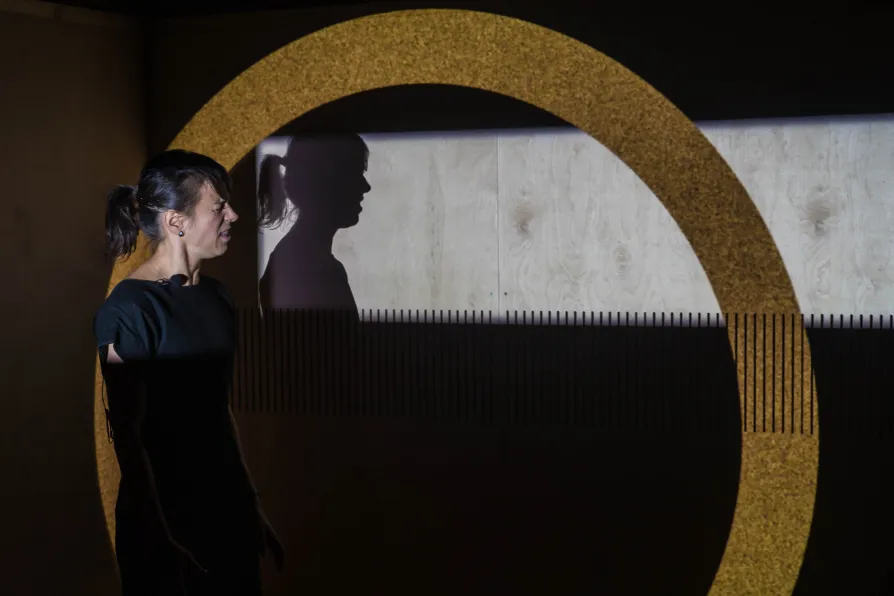RITA DI SANTO draws attention to a new film that features Ken Loach and Jeremy Corbyn, and their personal experience of media misrepresentation
Nuclear weapons affect all our lives but they are not part of the public conversation and we wanted to tell a human story that made people think and feel in new ways.
The impact of nuclear weapons feels so huge, it's difficult to think about and even harder to talk about. The effects of a nuclear attack work on scales of time and space way beyond anyone's everyday experience and we enjoyed the challenge of finding ways to communicate these ideas.
Theatre can make a story feel immediate and relatable even if its scale ranges from the subatomic to the intergalactic because theatre is the medium where human beings can communicate together at the same time in the same place.


 Latest editorial
Latest editorial













